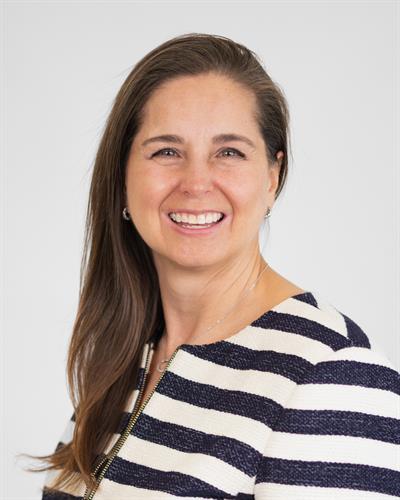Cervical Cancer Screening
Regular cervical cancer screening has been shown to prevent cervical cancers and deaths from the disease because they allow abnormal cells to be found and treated before they become cancer. Screening includes the Human papillomavirus (HPV) test and Pap test or Pap smear. These tests can be done alone or at the same time.
HPV test and Pap test
Nearly all cases of cervical cancer are caused by infection with sexually transmitted oncogenic, or high-risk, types of human papillomavirus, or HPV. The HPV test looks for the virus (human papillomavirus) that can cause cell changes and turn into cancer.
The Pap test can find abnormal cells in the cervix that may turn into cancer. Pap tests also can find cervical cancer early, when the chance of being cured is very high.
Symptoms of cervical cancer
Early-stage cervical cancer generally produces no signs or symptoms. Signs and symptoms of more-advanced cervical cancer include:
- Vaginal bleeding after intercourse, between periods or after menopause
- Watery, bloody vaginal discharge that may be heavy and have a foul odor
- Pelvic pain or pain during intercourse
When you should start getting screened
Age 21-29 years - If you are in this age group, the United States Preventive Services Task Force (USPSTF) recommends getting your first Pap test at age 21, followed by Pap testing every 3 years. Even if you are sexually active, you do not need a Pap test before age 21.
Age 30-65 years - If you are in this age group, USPSTF recommends getting screened for cervical cancer using one of the following methods:
- HPV test every 5 years
- HPV/Pap cotest every 5 years
- Pap test every 3 years
Older than 65 years - If you are in this age group, talk with your health care provider to learn if screening is still needed. If you have been screened regularly and had normal test results, your health care provider will probably advise you that you no longer need screening. However, if your recent test results were abnormal or you have not been screened regularly, you may need to continue screening beyond age 65.
Call now to make an appointment with either Boulder Women’s Care at 303-441-0587 or Foothills Community Midwives at 303-415-4045.
-
Center for Integrative Care
4715 Arapahoe Avenue
Boulder, CO 80303
(303) 415-7292 More Information -
Outpatient Cancer Rehabilitation
4715 Arapahoe Avenue
Boulder, CO 80303
(303) 415-4400 More Information -
Tebo Family Medical Building
4715 Arapahoe Avenue
Boulder, CO 80303
(303) 415-7000 More Information










